Grassroots Women in India Team-Up for Women-Led Climate Resilient Farming
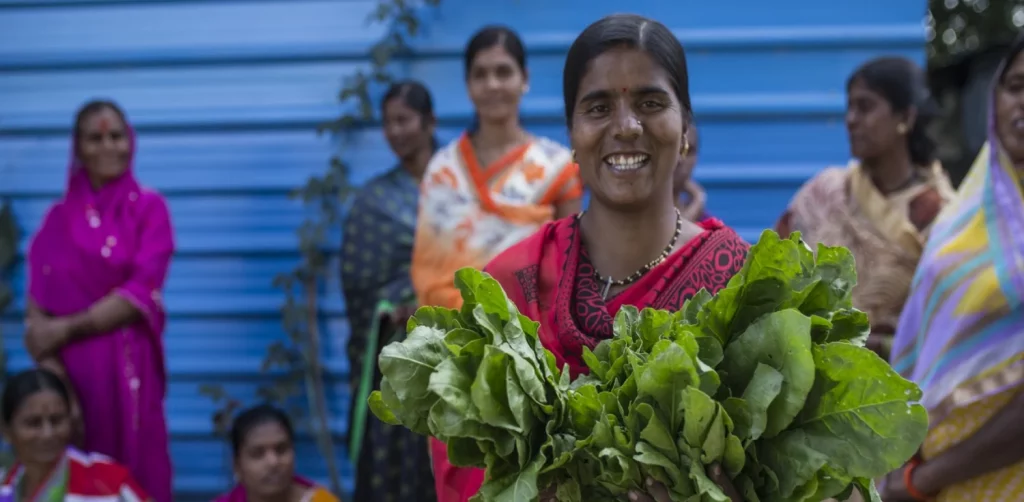
Women farmers in Osmanabad. | Photo: Swayam Shikshan Prayog.
Operating directly amidst nature, agriculture might seem to be an environmentally friendly industry at first glance. In reality, it is one of the primary causes of ecosystem degradation. It is also a sector with a high risk of disruption due to climate change. In India, grassroots women work together in a Women-Led Climate Resilient Farming model under Swayam Shikshan Prayog.
Swayam Shikshan Prayog
Swayam Shikshan Prayog (SSP) is a non-profit organization that seeks to create an inclusive and robust ecosystem that empowers grassroots women in low-income, climate-threatened communities. SSP helps them be self-sufficient through skills training, financial and digital literacy, and technology and marketing platforms.
It was established in 1998, four years after the Latur earthquake and its reconstruction project. Many years and projects later, SSP received the UNDP’s Equator Prize in 2017. At the COP27 in 2022, the organization received the Local Adaptation Champions Awards from the Global Center on Adaptation (GCA). Today, SSP has reached over 6,000,000 people across 2,320 villages.
Women-Led Climate Resilient Farming (WCRF) Model
Reliance on chemical inputs and cash crops has driven small farmers in India to experience food insecurity, water shortage, and land degradation. They are vulnerable to climate shocks.
In 2014, SSP developed the Women-Led Climate Resilient Farming (WCRF) model in Marathwada. Two years later, SSP partnered with the Government of Maharashtra and began scaling up by forming a cadre of leaders to train more women farmers.
The model has four key dimensions: market linkages, federating women farmers, technology integration, and water-efficient micro-irrigations. How does the Women-Led Climate Resilient Farming model work?
Rural women from small-scale farmer households borrow land, one acre or less. On it, they cultivate food crops for their families instead of water-intensive cash crops. To ensure their sustainability, women leaders under the Krishi Samvad Sahayak act as a constant link between these farmers and the model ecosystem. SSP also organizes the women farmers into collectives and provides support to gain land rights.
“From a single identity as farm labor, women have now taken on multiple roles and gained new economic and social identities, as a farmer and decision maker in her household, as an entrepreneur, a grassroots advocate, and a climate leader,” said Prema Gopalan, Founder of SSP.
Impacts on Land & Grassroots Women
The WCRF model focuses its output on four areas: empowerment, livelihoods, food security, and protection of natural resources. In seven years, 75,000 women farmers in 750 villages across seven states have begun their journeys towards climate-resilient farming. They also increased their food crop yield by 25% and decreased their costs by 25%.
Malan Raut, a woman farmer leader from Nagarsoga, shared that some women started selling their organic produce at the market. Some others began selling homemade poppadoms and masalas or went into animal husbandry and poultry. She said, “We are now self-sufficient, getting milk from our cattle and vegetables and grains from our fields. Our husbands consult us in affairs of the home before making decisions.”

If you find this content useful, please consider subscribing to Green Network Asia.
Your subscription will give you access to our interdisciplinary and cross-sectoral insights on sustainability-related issues and sustainable development across the Asia Pacific and beyond, strengthening your personal and professional development while supporting GNA’s financial capacity to continue publishing content dedicated to public education and multi-stakeholder advocacy.
Select Your Subscription Plan
Nazalea Kusuma
Naz is the Manager of International Digital Publications at Green Network Asia. She is an experienced and passionate writer, editor, proofreader, translator, and creative designer with over a decade of portfolio. Her history of living in multiple areas across Southeast Asia and studying Urban and Regional Planning exposed her to diverse peoples and cultures, enriching her perspectives and sharpening her intersectionality mindset in her storytelling and advocacy on sustainability-related issues and sustainable development.


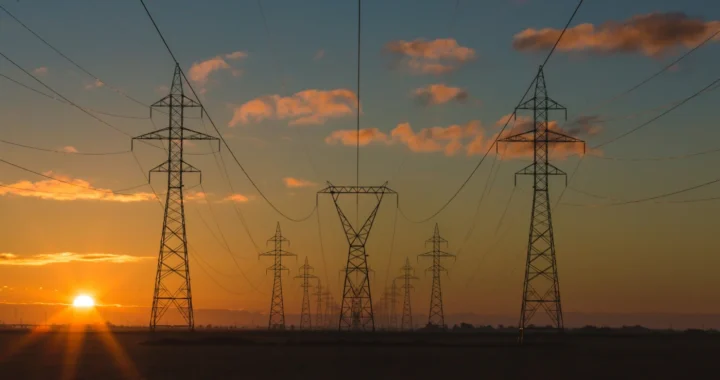 Developing Financing Initiatives for the ASEAN Power Grid
Developing Financing Initiatives for the ASEAN Power Grid  Imparting Actionable Knowledge Through Sustainability Training Activities
Imparting Actionable Knowledge Through Sustainability Training Activities 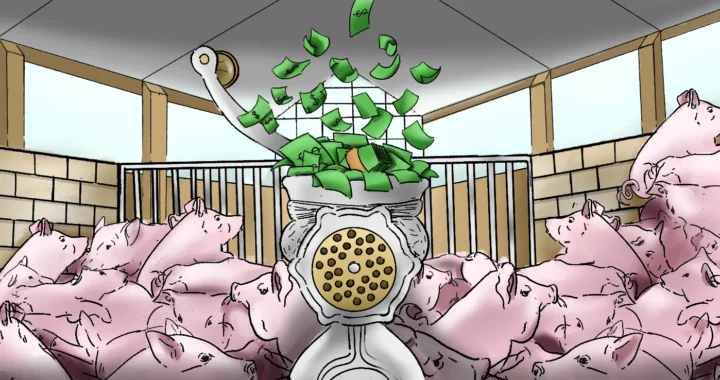 Stop Funding Factory Farming in Vietnam: Pathway to Financing a Just and Sustainable Food System
Stop Funding Factory Farming in Vietnam: Pathway to Financing a Just and Sustainable Food System  When Green Turns Excessive: The Overproduction and Overconsumption of Reusables
When Green Turns Excessive: The Overproduction and Overconsumption of Reusables 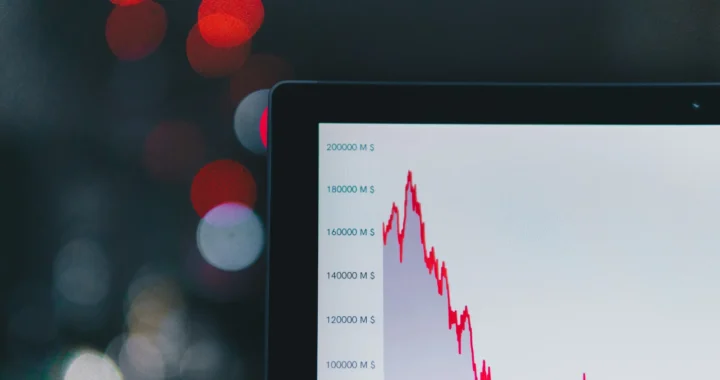 SDG Venture Scaler Aims to Drive Sustainable Investment in Southeast Asia
SDG Venture Scaler Aims to Drive Sustainable Investment in Southeast Asia 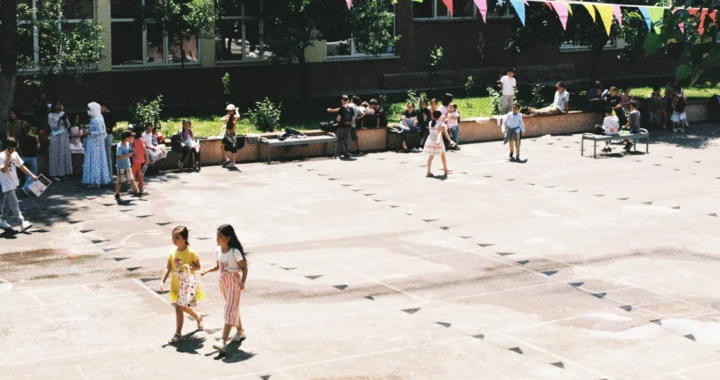 Improving Primary Education in Central Asia
Improving Primary Education in Central Asia